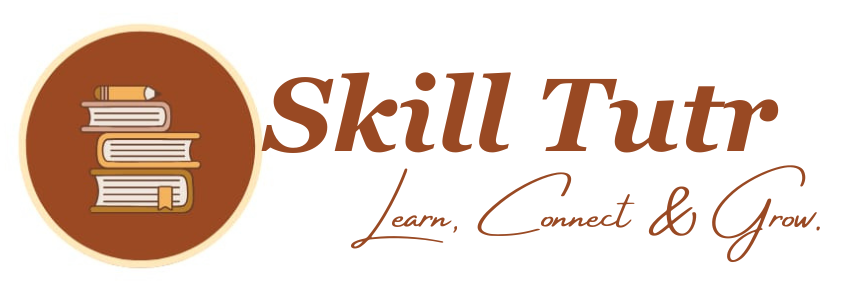Overview of Ethical Hacking and Cybersecurity
Data is one of the most precious resources in the digital age. Cybersecurity is the safeguarding of data, networks, and computer systems against assaults or unwanted access. In order to stop possible cyberthreats, ethical hacking, on the other hand, entails authorized personnel testing and fortifying these systems. Protecting digital environments at the individual, business, and national levels requires both.
Cybersecurity: What is it?
Practices, tools, and procedures aimed at defending networks, devices, software, and data from online threats are collectively referred to as cybersecurity. The CIA Triad, which guarantees information availability, confidentiality, and integrity:
Ensuring that only those with permission can access information is known as confidentiality.
Integrity: Guarantees that data is correct and unaffected.
Availability: Guarantees that data and systems are available when required.
Ethical hacking: what is it?
The act of lawfully breaking into computers and other devices to test an organization’s defenses is known as ethical hacking. These experts, commonly referred to as White Hat Hackers, employ the same methods as malevolent hackers (Black Hats), but they do so with authorization and for security reasons.
Hacker Types
White Hat Hackers: Morally upright hackers who contribute to increased security.
Malicious people that hack for financial or personal advantage are known as “black hat” hackers.
Grey Hat Hackers: They work in the middle; they might hack without authorization but not with malicious intent.
Typical Cybersecurity Risks
Phishing attacks are deceptive communications that fool recipients into divulging private information.
Malware: Adversarial software, including trojans, spyware, ransomware, and viruses.
Denial of Service (DoS): When a system is overloaded, it becomes inoperable.
Attacks known as “man-in-the-middle” involve intercepting two parties’ communications.
SQL Injection: Uses malicious queries to take advantage of database weaknesses.
Essential Cybersecurity Steps
Firewalls: Stop illegal users from entering or leaving a private network.
Malicious applications are found and eliminated by antivirus software.
Beyond passwords, Multi-Factor Authentication (MFA) offers an additional degree of security.
Frequent Patches and Updates: Address known software flaws.
Strong Password Policies: Promotes the use of difficult and one-of-a-kind passwords.
Fundamentals of Ethical Hacking
Information gathering, or reconnaissance, is the process of gathering information about the target.
Using tools to find vulnerabilities and open ports is known as scanning.
Getting in: Making an effort to take advantage of vulnerabilities discovered.
Assuring continuous access is known as maintaining access (used in testing persistence).
Clearing Tracks: To comprehend attack traces, ethical hackers mimic this.
Reporting: Recording conclusions and recommendations to improve security.
Common Resources for Ethical Hacking
Nmap: For scanning networks.
Wireshark: For network traffic analysis.
A framework for creating and running exploit code is called Metasploit.
Burp Suite: For testing web applications.
Kali Linux: A customized Linux distribution that comes with security technologies already installed.
The Ethical Obligations of Hackers
Prior to testing, obtain the appropriate authorization.
Observe data protection and privacy regulations.
Report any vulnerabilities that are found in a responsible manner.
Avoid hurting people or interfering with examinations.
Make helpful suggestions for enhancements.
Careers in Ethical Hacking and Cybersecurity
Analyst for Security
Penetration Examiner
Engineer for Network Security
Responder to Incidents
CISO, or chief information security officer
How to Begin
Learn the fundamentals of operating systems and networking.
Recognize the basic concepts of cybersecurity.
Practice in secure settings such as CTF (Capture the Flag) platforms or virtual labs.
Acquire certifications like CompTIA Security+ or CEH (Certified Ethical Hacker).
Keep abreast of cybersecurity dangers and news from reliable sources.
Beginners can lay the groundwork for a career protecting the digital world and making online spaces safer for everyone by learning the fundamentals of cybersecurity and ethical hacking.
